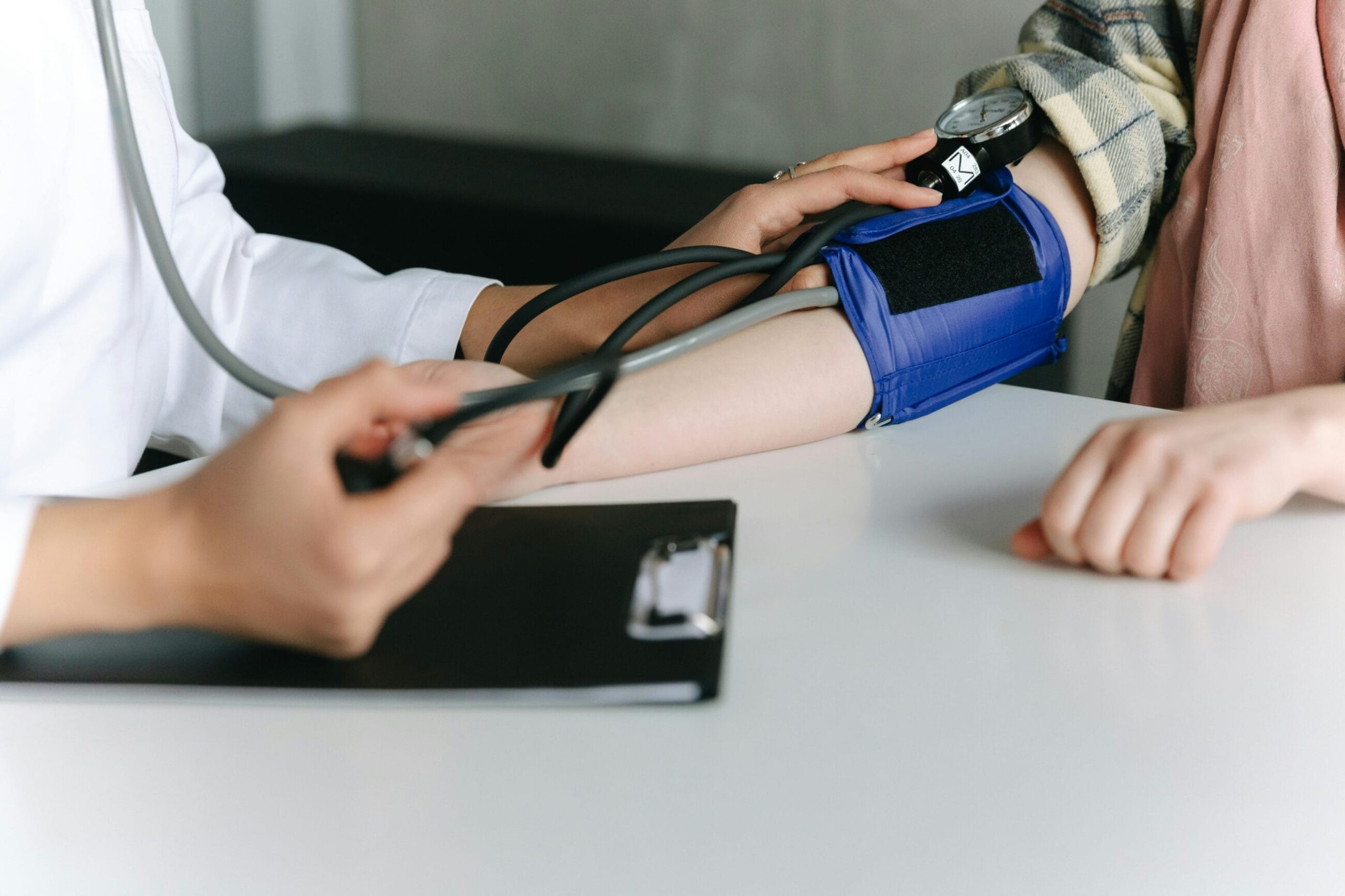Applying for a work permit can be both exciting and nerve-wracking, especially when it comes to the medical examination. Many people worry about whether they’ll meet the health requirements or if unexpected findings might delay their application.
The good news is that with the right preparation and understanding of the process, passing your work permit medical check up can be smooth and stress-free. This guide will walk you through what to expect, how to prepare, and practical tips to help you stay calm and confident throughout the process.
Understanding the Purpose of the Work Permit Medical Check-Up
The health check up for work permit is a mandatory part of employment requirements in Singapore and many other countries. It ensures that foreign workers are medically fit to work and do not have conditions that could pose risks to themselves or others.
Typically, the examination includes tests for infectious diseases like tuberculosis (TB), HIV, syphilis, and hepatitis. Basic assessments such as vision testing, blood pressure measurement, and chest X-rays are also done.
For certain jobs, additional tests may be required to determine physical fitness or suitability for specific work environments. Understanding that this medical check-up is not meant to be intimidating but rather a safety measure can help ease unnecessary stress.
Know What to Expect During the Check-Up
Being aware of what will happen during your appointment can significantly reduce anxiety. Most medical check-ups follow a simple step-by-step process: registration, medical history review, physical examination, and laboratory tests.
You’ll likely be asked to provide identification, complete forms, and possibly submit a urine sample. The physical examination is straightforward and usually involves checking your vital signs, heart, lungs, and vision.
If required, you’ll undergo a chest X-ray to screen for TB and blood tests to check for other infections. Knowing that the entire process usually takes less than an hour can help you feel more relaxed and prepared.
Prepare Ahead of Time
Preparation is key to ensuring a smooth experience. Get plenty of rest the night before your appointment to avoid fatigue, which can affect blood pressure and other test results. Avoid alcohol, caffeine, and smoking for at least 24 hours before the check-up, as these can temporarily alter your readings.
If you’re taking any medications or have existing health conditions, bring your prescriptions or medical documents with you. It’s also advisable to drink water before your urine test but avoid excessive fluid intake to prevent diluting the sample. Wearing light, comfortable clothing and bringing necessary documents such as your passport and appointment slip can also make the process easier.
Manage Anxiety Before and During the Test
It’s completely normal to feel nervous before a medical examination, but excessive stress can sometimes affect your physical readings, such as heart rate and blood pressure. To stay calm, try deep breathing exercises or visualize a positive outcome before entering the clinic.
Remember that healthcare professionals conducting the check-up are experienced and trained to help you feel comfortable. If you’re anxious about specific tests, such as blood draws or X-rays, don’t hesitate to let the staff know—they can guide you through the process and address your concerns.
Follow Instructions Carefully
Listening to the medical staff’s instructions can help you avoid unnecessary delays. For example, some tests may require fasting for several hours beforehand, while others may involve specific sample collection steps.
Following instructions precisely ensures accurate test results and prevents the need for repeat examinations. If you’re unsure about any part of the process, ask questions—communication is key to a successful and stress-free experience.
Addressing Common Concerns
One of the most common worries people have is failing the medical check-up. In most cases, only serious or contagious conditions may affect your work permit approval. Chronic conditions like high blood pressure or diabetes do not automatically disqualify you, as long as they are properly managed.
If an issue is found, your doctor will discuss it with you and, in many cases, treatment or follow-up tests can resolve the matter. The goal is to ensure your well-being, not to penalize you unnecessarily.
After the Check-Up: What Happens Next
Once your examination is complete, the clinic will send your medical results directly to the relevant authorities or your employer. This process typically takes a few days. During this time, continue maintaining healthy habits—eat balanced meals, stay hydrated, and avoid unnecessary stress. If any additional testing or follow-up is needed, make sure to comply promptly. Timely action prevents delays in your work permit processing.
Healthy Habits for Long-Term Success
Even after passing your medical check-up, it’s a good idea to maintain a healthy lifestyle to ensure continued fitness for work. Eat nutritious meals, exercise regularly, get enough sleep, and manage stress effectively. Regular health screenings can also help you detect potential problems early and maintain your work eligibility without complications.
Conclusion
Passing your work permit medical check-up doesn’t have to be a stressful experience. With preparation, awareness, and a calm mindset, you can navigate the process smoothly and confidently.
Remember that the purpose of the check-up is to protect your health and ensure you are ready for your new role. By taking care of your body and following instructions carefully, you can approach the medical examination with peace of mind—knowing that you’ve done everything possible to succeed.

